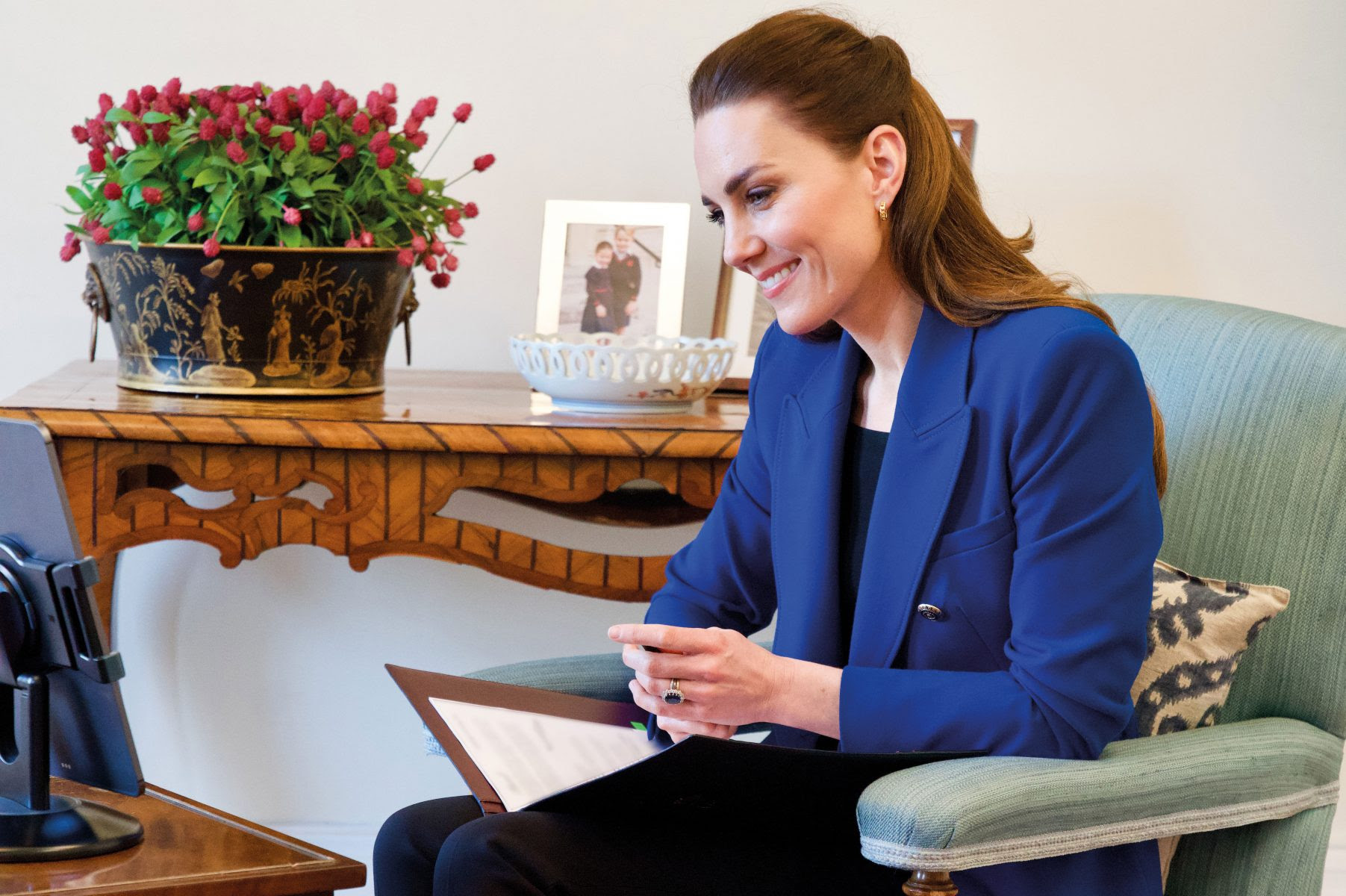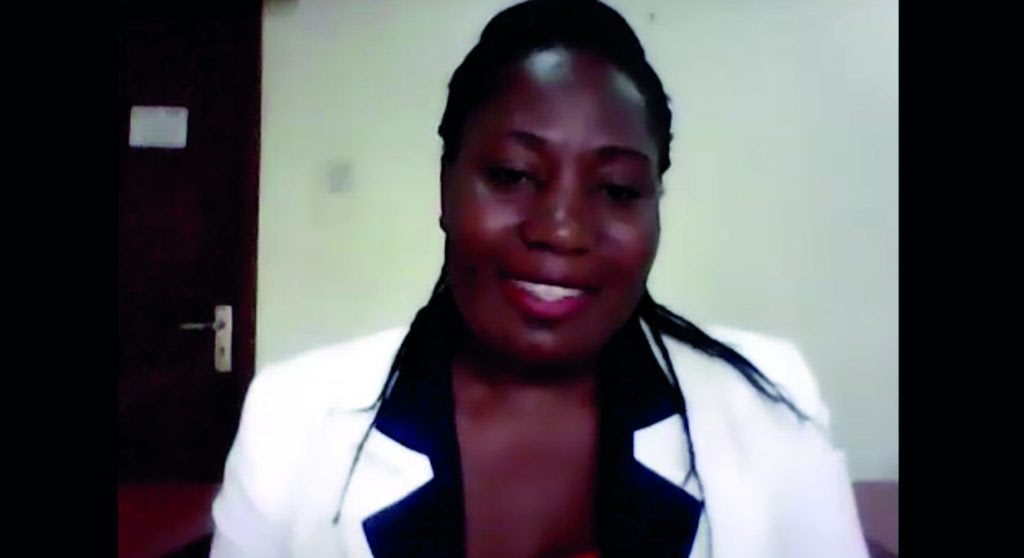Her Royal Highness The Duchess of Cambridge talks to Harriet Nayiga

Image Source: Kensington Palace
Her Royal Highness The Duchess of Cambridge has spoken to Harriet Nayiga, founder and director of Midwife-led Community Transformation, a charity bridging the gap between midwives and communities in Uganda by focusing on adolescent sexual health. The charity has participated in Nursing Now’s Nightingale Challenge, funded by Burdett.
The interview, published on International Day of the Midwife 2021, forms part of a special set of articles to celebrate the three-year Nursing Now initiative, which is drawing to a close this month.
HRH: In Uganda, do most women have their children at home or do they go to hospitals as a matter of routine?
HN: We do not have accredited home births but, because of a lack of resources, you find many women accidentally delivering at home and others on the way to hospital because of the long distance involved. Others have traditional birth attendants who enter someone’s house to help a woman deliver. We keep stressing that it is really dangerous.
These are the populations who face grave discrimination, so they tend to go to the hospital late, after complications have already emerged. I felt that I had to come and bridge this gap before the women reached me with serious complications.
Midwives are in a position to provide preventative initiatives on the ground before the complications have arrived or have emerged. This is the challenge that Midwife-led Community Transformation (MILCOT) is solving.
HRH: What is it that particularly works with your community-based care model?
HN: For these marginalised populations, to have someone to talk to, to have someone in their lives who understands what they’re going through, and who can help. That is what they need. As a midwife I need to be close, so that they speak to me, so that I listen to their concerns.

HRH: It’s such a huge challenge. What do you feel needs to be done, what extra support do you feel is most needed by these communities?
HN: Most importantly, we need human resources in terms of staffing because the team and I are working on a volunteer basis. That means we are not receiving a salary. If we can get staff recruited to reach out to more [people] and also for them to be paid for – that could be amazing.
The office is my house. It is three rooms. I give out two to work as an office and then I sleep in one room, so it is not enough. That has challenged us. We just wish that we can get an office and a centre where we can build skills and train to provide care that is holistic.
So, a woman can get treatment, she can get counselling, have the resources and the information, and then she can also be empowered in vocational skills in the same centre. That will be amazing and is my dream.
We also need transport facilities. I find myself walking to reach out to the women I care for. Right now, I’m getting a car but it has failed to work. I have to buy a new battery and it is expensive. I struggle a lot, however, I love what I do. I’m standing as a midwife to empower others.
HRH: I’m in awe of all that you’re doing. It really is inspiring. We need more of you Harriet.
HN: Thank you.
Read the full Nursing Times article here
